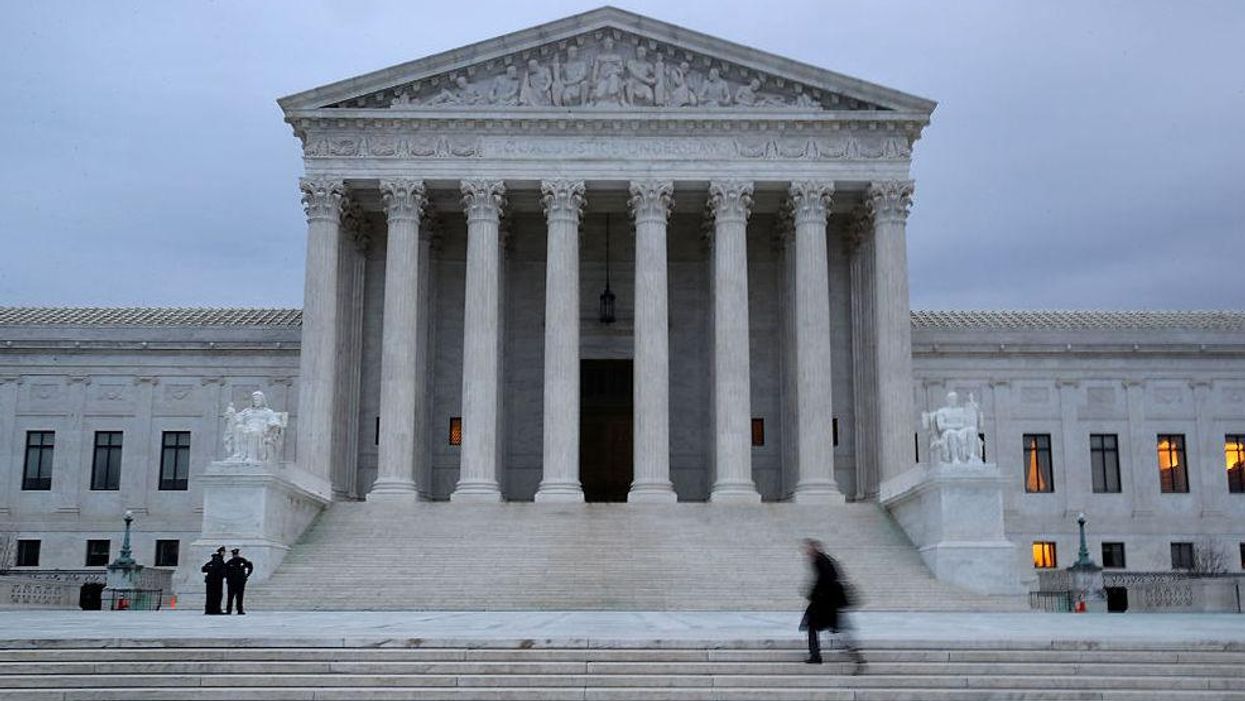
Mark Wilson/Getty Images

The commission that President Joe Biden established to examine an expansion of the Supreme Court voted Tuesday to hand over a nearly 300-page report to the president that details what the panel determined.
However, Americans hoping for an expanded and packed high court will be thoroughly disappointed with the report.
The 288-page report — authored by a 34-member panel that included 29 liberals and just five conservatives — did not offer substantive recommendations, either for expanding the Supreme Court or maintaining the status quo.
Instead, the report academically details a summary of multiple arguments about reforming the Supreme Court, such as its expansion, court-packing, judicial term limits, reducing its power, and other practices of the court.
In fact, the report emphasizes that it is not offering a solution to debate about reforming the Supreme Court.
The report now goes to Biden for review. The White House has not provided additional details on what Biden will do from here.
If it sounds like the commission is punting on offering any real suggestions, that's because it is.
In fact, the commission is punting the ball back to Biden, who only promised to establish the commission to avoid providing his position on Supreme Court reforms, which became a hotly contested issue during the final weeks of the 2020 presidential election.
While the report itself does not form any substantive recommendations, it also indicates that independence-destroying reforms, like court-packing, are probably not in the pipeline.
As the Wall Street Journal explained, "The good news is that the document, perhaps inadvertently, illustrates the bankruptcy of the court packers’ case."
For example, while advocates of court-packing somehow claim that court-packing "could lead the Supreme Court to be restrained in its jurisprudence and more respectful of the role of the political branches," its opponents explain that court-packing "would significantly undermine the Supreme Court’s independence."
"Courts cannot serve as effective checks on government officials if their personnel can be altered by those same government officials. In a system that permitted Court packing, any time the Supreme Court issued a decision that was at odds with the preferences of those in power—whether the matter related to the U.S. census, immigration policy, or the validity of a presidential election—the party in power could respond by stacking the Court with loyalists," the report states.